
On the morning of 20 January, over 3,000 students and 600 guests had gathered at the Bacha Khan University for a poetic symposium to mark the death anniversary of Khan Abdul Ghaffar Khan, known as Bacha Khan, after whom the university was named.
The remembrance ceremony soon turned into a mournful one as terrorists stormed the university and opened fire. At least 21 people have been killed in the attack.
Had Khan still been alive, he would have been aggrieved at his country's current situation. He would have mourned the mounting attacks on education - an integral part of Khan's initial struggle which began with the Khudai Khidmatgar movement.
On the day when Khan's ideology is under attack, here is a look at the life of the peace activist:
1) Born on February 1890, Khan Abdul Ghaffar Khan life was dedicated to Pastun independence movement against the British rule. He worked tirelessly to organise and raise the consciousness of his fellow Pushtuns. Between 1915 and 1918, he visited every one of the 500 settled districts of the Frontier. It was this move that earned him the nickname, Badshah (Bacha) Khan (King of Chiefs).
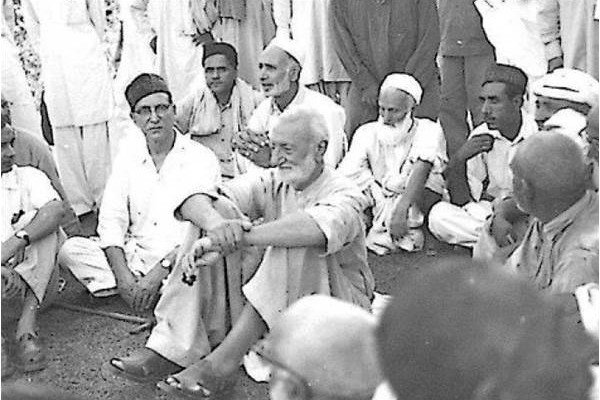
Khan leading a march of volunteers to Kabul to denounce British colonial rule (1920). (File Photo)
2) Khan's branchild was the Khudai Khidmatgar (Servants of God) movement of 1929. The movement, built on a foundation of education-based social reform, was aimed at promoting Pashtun nationalism and the eradication of social evils.
3) The most significant feature of the Khudai Khidmatgars was their adoption of a strict non-violence policy. Inspired by Mahatma Gandhi's Satyagraha approach, the volunteers were taught not to resort to violence and to refrain from carrying weapons - a far cry from the ideology of extremist groups today which adhere to the dictum- "Jihad and the rifle alone: no negotiations,no conferences and no dialogues."
4) The organisation, which recruited over 1,00,000 members, drew attention for opposing the British-controlled police and army. Through strikes, political organisation and non-violent opposition, the Khudai Khidmatgar were able to achieve some success. They would eventually come to dominate the politics of the North West Frontier Province.
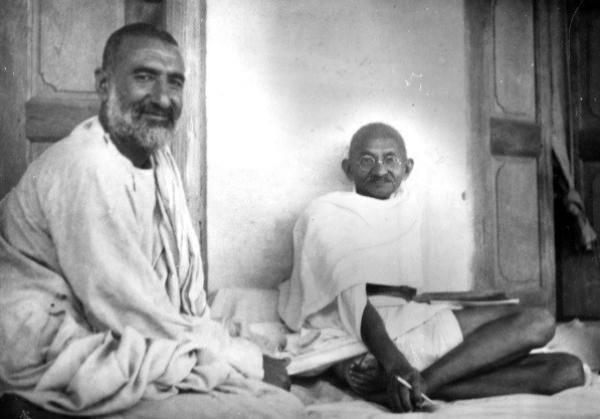
With Mahatma Gandhi.(File Photo)
5) Khan was a close aide of Mahatma Gandhi as he was inspired by the latter's principles of Ahimsa or non-violence. The two had a deep admiration for each other and worked together closely till 1947. Khan remained Gandhi's staunchest ally even when the Congress disagreed with Bapu's philosophy on several occassions. It is this bond that led to Khan being nicknamed as the 'Frontier Gandhi'.
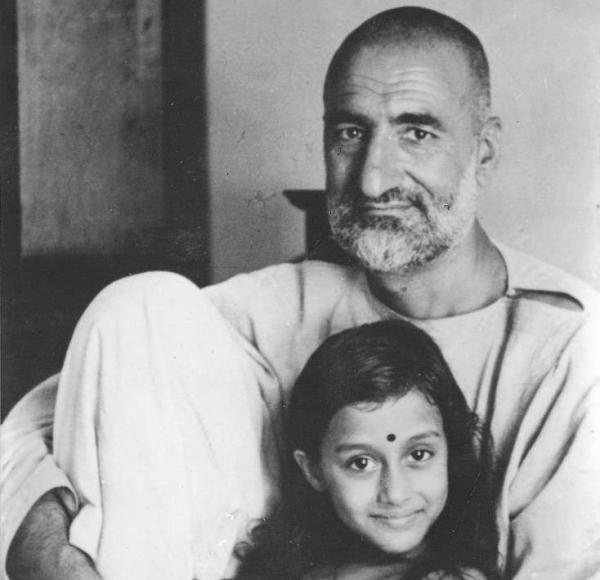
(File Photo)
6) An avid supporter of women rights, Khan dedicated his life to social reforms towards education of the girl child. This might be a reason that an institution inspired by his ideology was attacked on his 28th death anniversary by the Tehreek-e-Taliban. The terror outfit, which has destroyed numerous schools catering to the education of girls, is known for its strict rules on women employment. Not just that, the TTP also has regressive policies on visibility of women in public spaces and works to prevent people from availing themselves of the Benazir Income Support Programme - a government project aimed at providing financial aid to women.
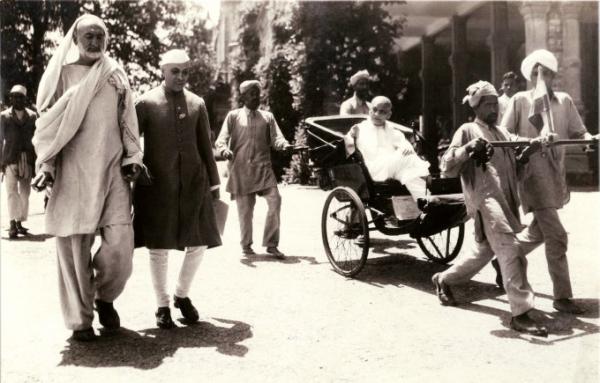
Khan with Jawaharlal Nehru and Sardar Vallabhbhai Patel.(File Photo)
7) Khan strongly opposed the Partition of India. The Congress - a party that Khan has always supported - refused a last ditch compromise to prevent the partition, like the Cabinet mission plan and Gandhi's suggestion to offer the Prime Ministership to Jinnah. As a result Khan and his followers felt a sense of betrayal by both Pakistan and India. His last words to Gandhi and his erstwhile allies in the Congress party reportedly were: "You have thrown us to the wolves".
8) Khan visited India and participated in the centenary celebrations of the Indian National Congress in 1985.
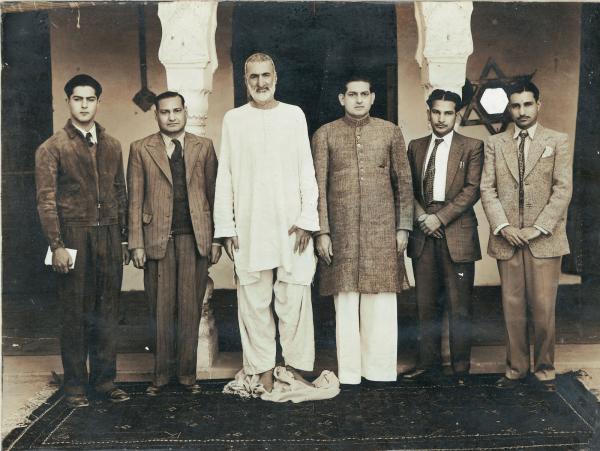
File Photo
9) In 1987, he was awarded the Bharat Ratna, India's highest civilian award.
10) Khan died in Peshawar while under house arrest in 1988 and was buried in Jalalabad according to his wishes. Then Indian Prime Minister Rajiv Gandhi visited Peshawar to pay tribute to the iconic leader. The Indian government also declared a five-day period of mourning in his honour.
11) As is with most leaders trying to propogate social change, Khan was viewed with suspicion by many in the Pakistan's political establishment. This is because of his proximity with the Indian National Congress and Gandhi.







![BJP's Kapil Mishra recreates Shankar Mahadevan’s ‘Breathless’ song to highlight Delhi pollution [WATCH] BJP's Kapil Mishra recreates Shankar Mahadevan’s ‘Breathless’ song to highlight Delhi pollution [WATCH]](https://images.catchnews.com/upload/2022/11/03/kapil-mishra_240884_300x172.png)

![Anupam Kher shares pictures of his toned body on 67th birthday [MUST SEE] Anupam Kher shares pictures of his toned body on 67th birthday [MUST SEE]](https://images.catchnews.com/upload/2022/03/07/Anupam_kher_231145_300x172.jpg)






